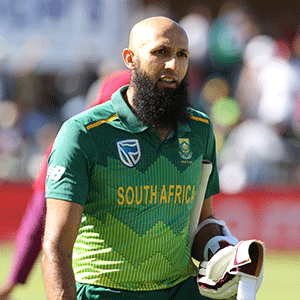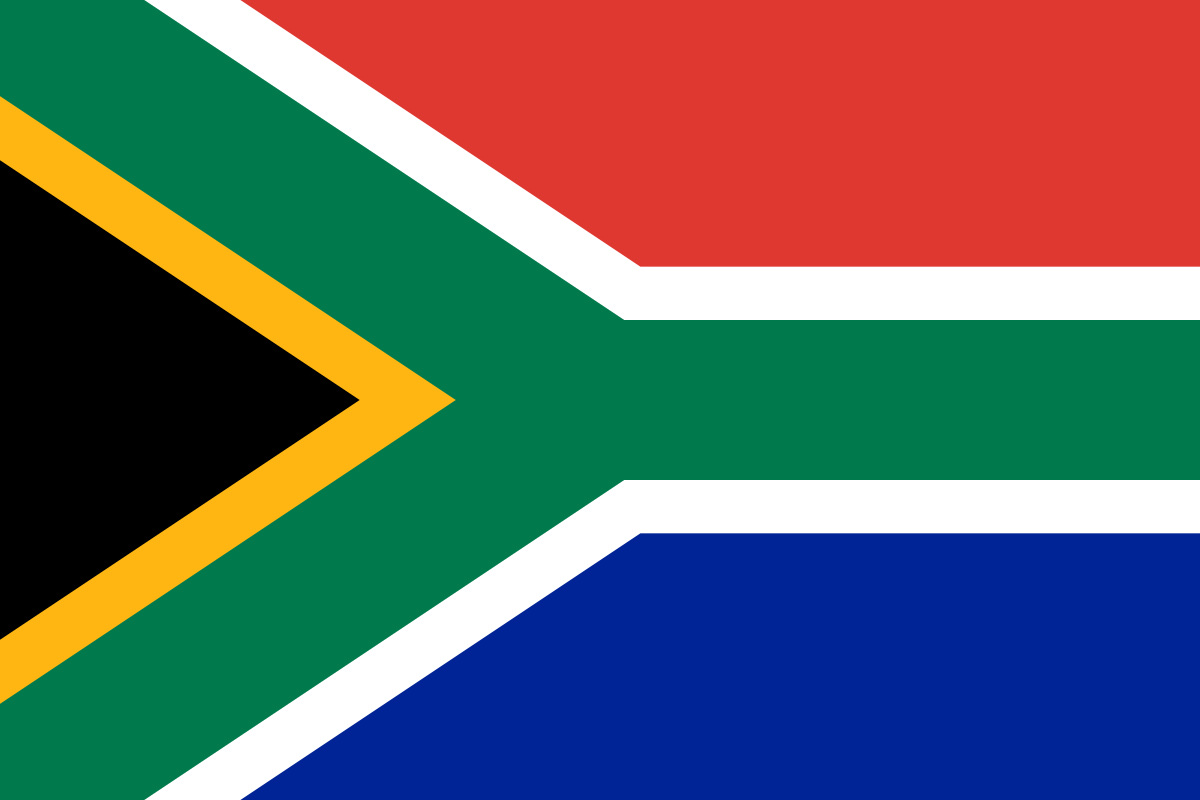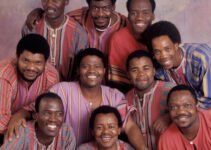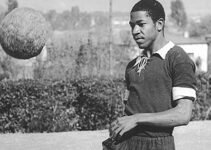As the sun paints the South African sky on March 31, the whispers of the past echo in the air. Like many threads woven into the nation’s vibrant tapestry, this date holds stories waiting to be unearthed. We embark on a journey of exploration, delving into the triumphs, tragedies, and turning points that mark March 31 in South Africa’s history.

1994: F.W. de Klerk clamps down on KwaZulu
In a move that was long overdue, President F.W. de Klerk imposed a state of emergency in KwaZulu-Natal, coinciding with a report by the South African Human Rights Commission (SAHRC) that it had recorded 266 political killings in Natal since the beginning of March, the highest death toll in three years. According to De Klerk the decision was taken to ensure that there was free political activity and that elections would take place in Natal. He disputed the rumour circulating that the decision was taken following the Transitional Executive Committee’s insistence that such action was necessary. Security forces were given powers to detain people for thirty days without charge, to use the necessary force to maintain order and to search people and premises without a warrant. The measures also prohibited unauthorised military training and the display of weapons, including traditional weapons, and set strict conditions for marches. African National Congress (ANC) president Nelson Mandela gave his organisation’s support to the clampdown and called ANC members to co-operate with the security forces. Inkatha Freedom Party (IFP) president Mangosuthu Buthelezi described the state of emergency as humiliating and an invasion in Natal, which was likely to make elections impossible. He referred to the failure of constitutional procedures as the main reason for the declaration of the emergency.
1993: President de Klerk warns General Bantu Holomisa
President F.W. de Klerk warned General Bantu Holomisa for allegedly aiding the activities of Azanian People’s Liberation Army (APLA). Transkei was accused of being used as a base for APLA’s high command. In response, 1,000 troops were dispatched to blockade Transkei.
1991: South Africa deports Donald “Dolan” Acheson
Donald “Dolan” Acheson is purported to have been deported from South Africa on the 31 March 1991, having being fingered as the triggerman in the assassination of Namibian lawyer Anton Lubowski. Acheson was an Irish hit man, purportedly part of a covert South African military organization known as the Civil Cooperation Bureau (CCB). On 12 September 1989, Acheson allegedly gunned Lubowski down outside his house in Windhoek. Neighbours claimed that they first thought the shots were fireworks. Acheson, who had previously served with the Rhodesian Army, was connected to the killing through the car he rented for the operation. When Acheson was arrested in Windhoek, police found a piece of paper with numbers that led them to his handlers. Despite overwhelming evidence against him, Acheson was released after eight months in detention. No attempt was ever made to extradite Acheson to Namibia to stand trial and in 1991 Acheson was deported to Ireland as an undesirable alien. Acheson dropped out of the public eye after his arrival in Ireland and his fate remains unknown.
1984: Disclosure of 1982 SA
Disclosure of 1982 SA-Swaziland pact It is disclosed that South Africa and Swaziland had signed a non-aggression pact in February 1982. The two countries now also agree to exchange trade representatives and to establish trade missions in their respective countries.
1983: Hashim Mahomed Amla is born
Hashim Amla, a South African batsman, is the first cricketer of Indian descent to reach the national squad. He began his professional cricket career with the KwaZulu-Natal Dolphins in 1999. Amla is ranked Number Four in the World by the International Cricket Council (ICC) in both Test Cricket and ODIs.
1946: Indian people march in Durban to protest against the Ghetto Act
In Durban, a 6,000-strong march took place to support the South African Indian Congress’ resolution for Passive Resistance against the Asiatic Land Tenure Act, also known as the Ghetto Act. The Act was one of many anti-Indian legislation bills passed by the South African government. Dr G M Naicker, President of the Natal Indian Congress, addressed the demonstrators, and representatives of Black African and mixed race communities declared their support for the Indian people’s struggle.
1842: The first Dutch Reformed Church in the Orange Free State is founded
The Dutch Reformed Church was founded in South Africa in the 17th century after Calvinist reforms in Europe. On 31 March 1842, Reverend Daniel Lindley established the first congregation of the church in the Orange Free State, which marked the founding day of the church in that province.
1797: Olaudah Equiano dies
Olaudah Equiano was born in Nigeria in 1745. He was kidnapped at 15 and sold into slavery. He traveled to South America, the Caribbean, and the West Indies. Later, he bought his freedom and settled in the UK. Equiano wrote his autobiography, which detailed the suffering and humiliation of slaves and helped in the abolition movement. There are debates about his African origins, and some believe he may have exaggerated parts of his book.
1694: Sheik Yusuf arrives at the Cape of Good Hope
Sheik Yusuf, an Islamic leader, was banished by the Dutch East India Company to the Cape with his family and retinue. He arrived on board De Voetboog and was housed on the farm Zandvliet outside Cape Town. Although he died in 1699, his memory lives on and Zandvliet is a noted place of pilgrimage for Muslim people in South Africa. He is regarded as the founder of the Islamic faith at the Cape and the Muslim community he provided guidance to, flourishes in South Africa today. The area where he was housed was renamed “Macassar” in honor of his birthplace.



